Inside the Future of Twitch: Watching Is the New Playing
Here's how Twitch is turning its millions of viewers into active participants in the games they watch.
You're watching your favorite Twitch streamer attempt to survive an intense multiplayer deathmatch, and things don't look so great for them. They're huddled in the corner of a desolate, snowy battlefield with just a sliver of health left, and your only option is to sit and watch as they get eliminated. Or is it?
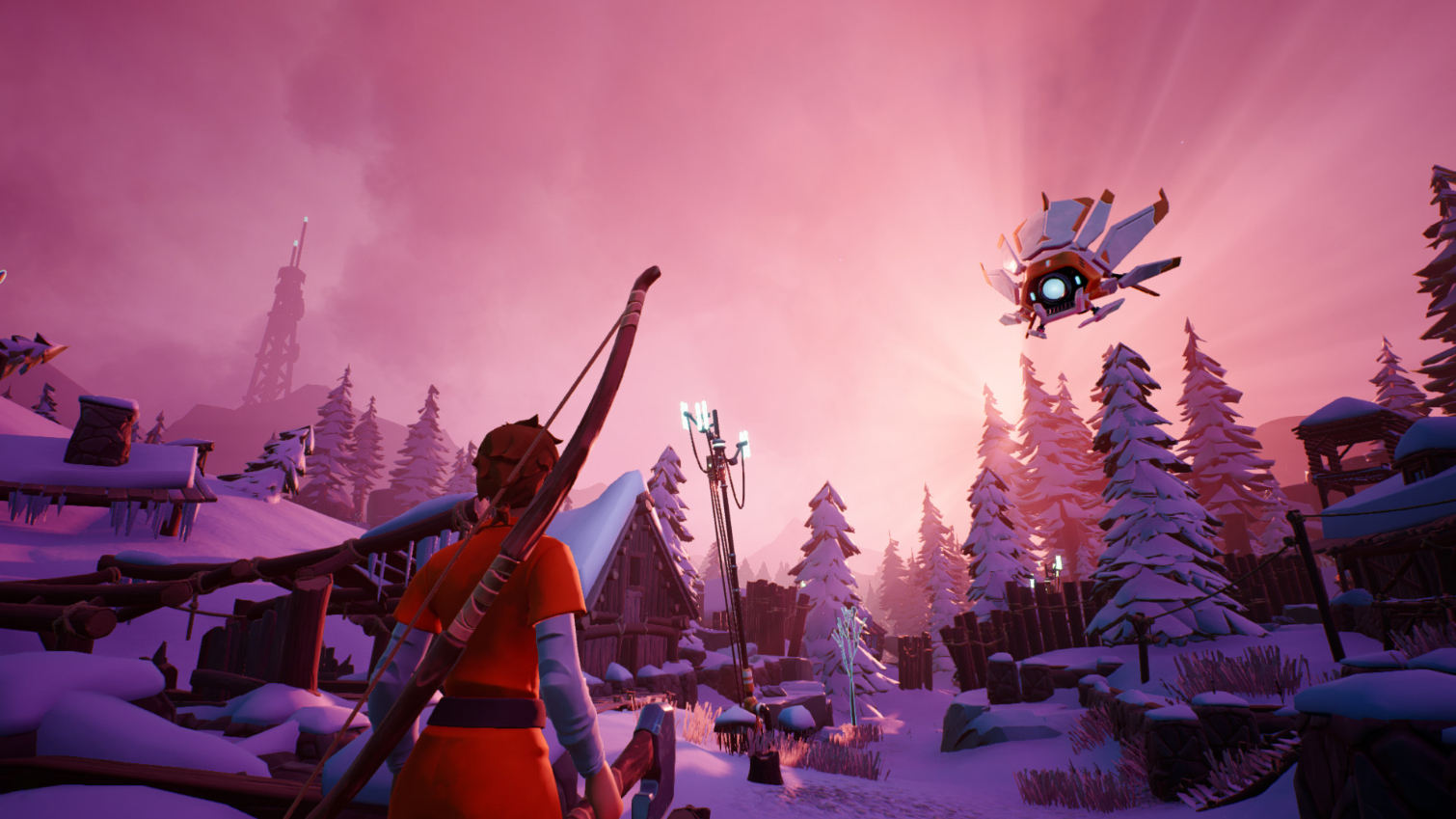
Huddled over your computer monitor, you click an icon that sends a barrage of missiles hurling toward the competition. Thanks to that Hail Mary from the digital heavens, the once-doomed streamer just squeaked out a first-place finish. And you were part of it.
This is what the future of watching games on Twitch could look like.
The Amazon-owned streaming giant, which currently boasts 15 million daily active viewers and more than 2.2 million broadcasters, has long established itself as the premier place to watch people play video games. But thanks to powerful new Twitch technologies, you won't just be passively consuming game broadcasts — you'll be an active participant in them.
When watching becomes playing
To discuss the platform's evolution, I sat down with Amir Shevat, Twitch's vice president of developer experience, at the company's San Francisco office. Here, Shevat realized the power of interactive livestreaming during an unusually noisy workday.
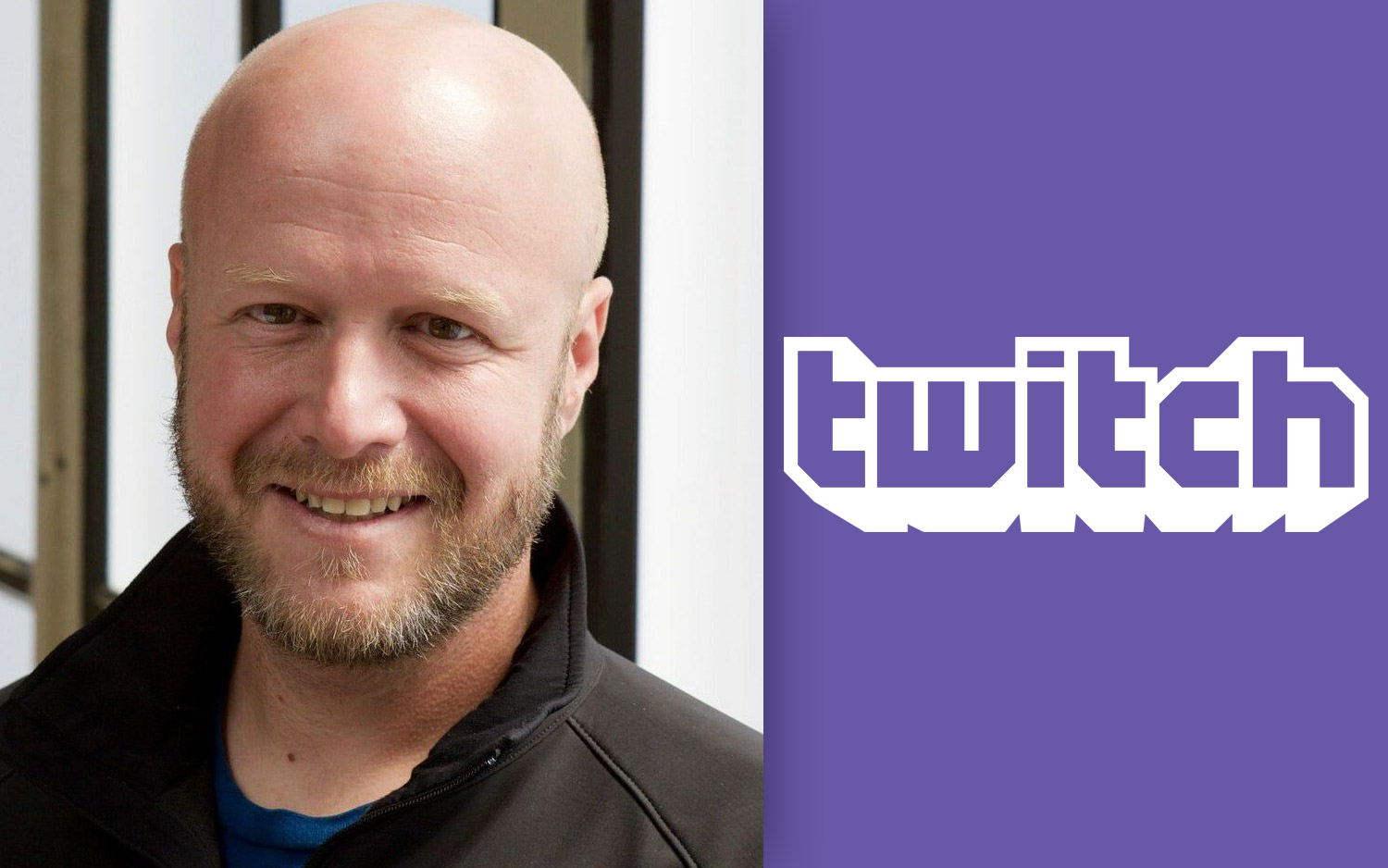
"I was sitting there, doing my paperwork, and I hear [people] behind me like, 'Whoa! Yeah! Oh my God!' — and I'm getting all of this FOMO," Shevat said.
"So I go into that room and see a team of Twitch employees really cheering [for] a game," he added. "And what I found is that it wasn't a regular game; it was the Darwin Project. And they could vote on who to kill, or where the nuke zones are."
Get instant access to breaking news, the hottest reviews, great deals and helpful tips.
Darwin Project is a prime example of the potential of Twitch Extensions, a set of streamer tools that allows viewers to interact directly with the broadcasts they watch. In Scavengers Studio's Hunger Games-esque survival game, viewers can vote to do things such as close off specific zones of the map, trigger a manhunt on a specific player or even order an airstrike to send contestants scrambling. As such, winning over the crowd is just as (if not more) important than having a quick trigger finger.
"These are the games that we see in the future: a world where the viewers are actually active participants." - Amir Shevat, vice president of developer experience, Twitch
"With the current state of technology, there is no reason why video games [can't] take a turn and create an experience where your ability to discuss, seduce, charm and convince is actually the gameplay," Simon Darveau, Darwin Project creative director, said over a Skype call, noting that the game was built with streaming in mind from day one.
In fact, one of Darveau's main inspirations for Darwin Project was 2014's Twitch Plays Pokémon phenomenon, in which more than 1 million viewers collectively controlled a game of Pokémon by entering special commands in the channel's chat room.
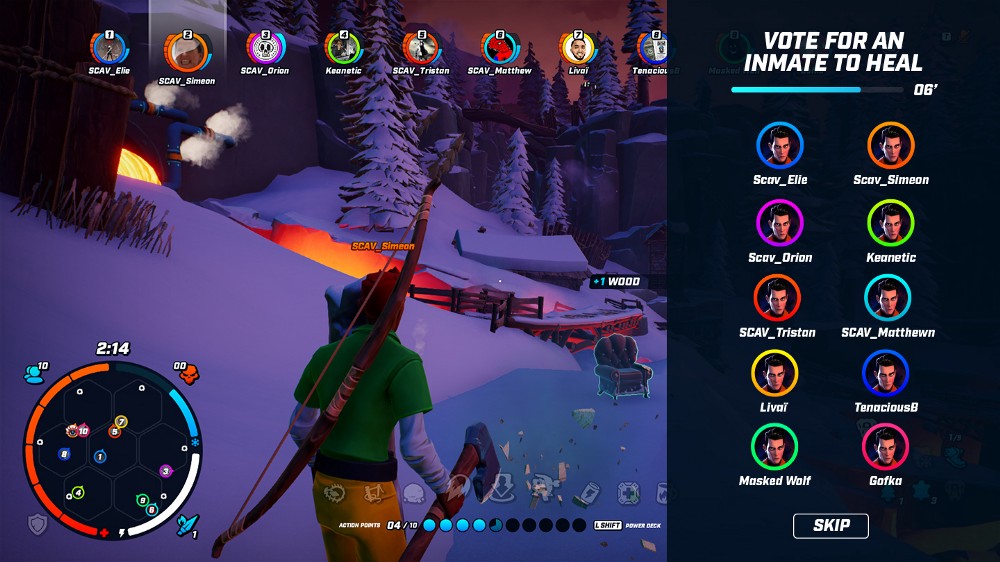
"When I saw Twitch Plays Pokémon, I thought that if the audience is actually able to change what is happening in the game, then steering the crowd in your favor could actually become something meaningful for you to achieve," said Darveau. "One hundred percent, this is the future of the video game industry."
Extending the Twitch experience
In hindsight, Twitch Plays Pokémon was a telling precursor of just how interactive the platform would become in the future. As of this writing, there are roughly 150 Twitch Extensions, and according to Twitch, more than 2,000 developers have signed up to create more.
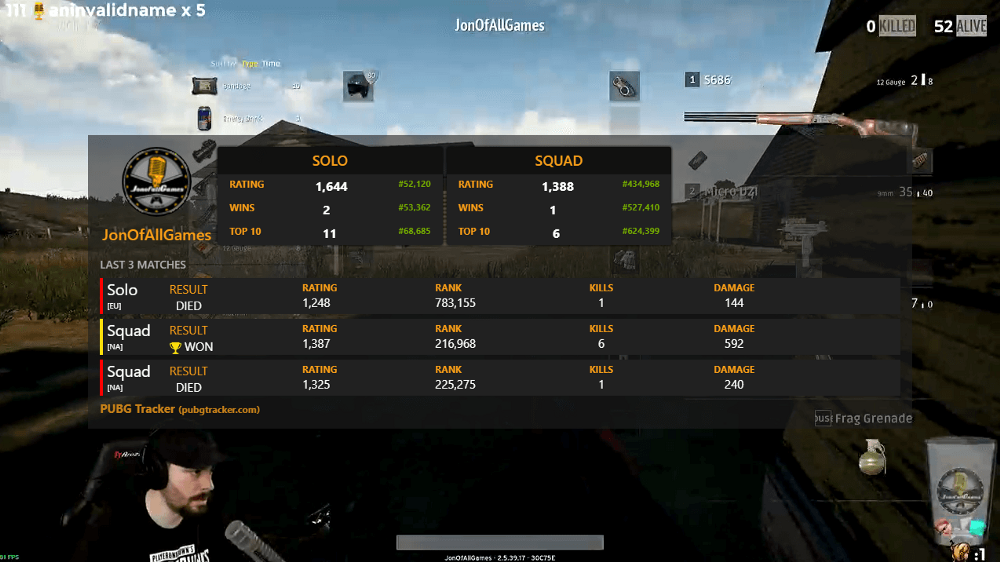
Some extensions consist of simple stat overlays that let you get a better look at a streamer's performance in games like Fortnite and Destiny 2. Others, like Darwin Project's Spectator Experience, allow viewers to become active participants in the games they're watching. But they all share the common goal of making Twitch more than just a place to seek out passive entertainment.
"I think, at the end of the day, we want every game to have an official extension," Shevat said, adding that a lot of the content you see on a streamer's Twitch page — including links to social media channels and personal websites — will become more interactive over time.
There are already a few live examples of these types of add-ons, including a Spotify extension that lets you see what music a broadcaster is rocking or an Amazon extension that makes it easy to buy your favorite streamer's preferred PC parts right from their channel.
"A channel is like an iPhone without apps, if it doesn't have extensions," said Shevat. "And then you install all these extensions that make it awesome and valuable, like your phone."
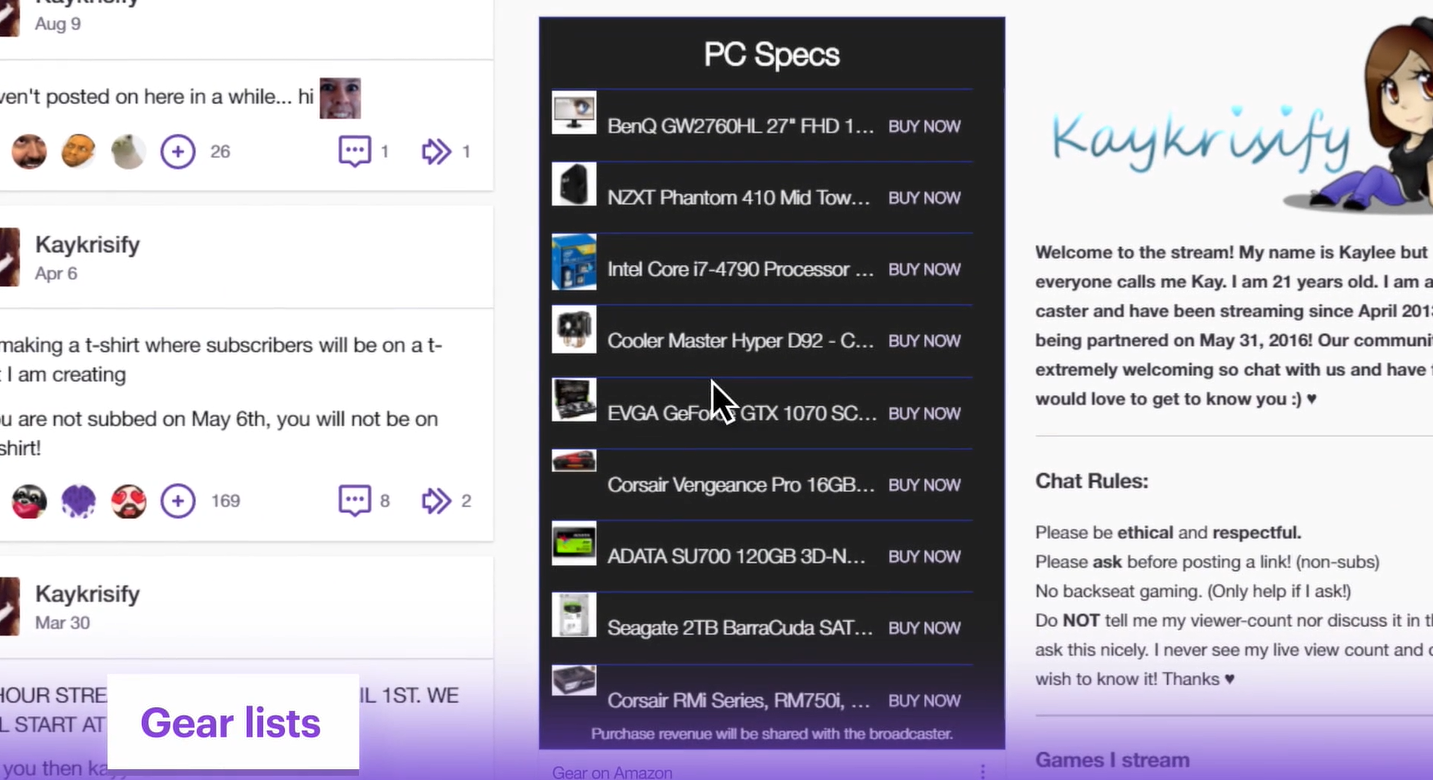
This level of interactivity is just one piece of the puzzle for Twitch. The company's new Twitch Drops feature lets you score loot for games such as Warframe and Smite by simply watching streams of those titles. Twitch also plans to combine Extensions with Bits, Twitch's premium currency, which you can use to "cheer" your streamer of choice by throwing a few extra bucks their way.
"So, an example is, you have an extension that is your avatar, and people can contribute to that avatar with swag — put their own name or cap on it," said Shevat. "You can use bits to actually enable experiences that couldn't happen up until now. It ties into [the idea that] everyone should be a participant in the viewing experience."
The future is interactive
Interactive broadcasting isn't just influencing the way we watch people play video games; it's also seeping its way into sports and entertainment.
Last September, NBA Commissioner Adam Silver was quoted as saying he wants the NBA to look more like Twitch, to better engage fans. Just a few months later, Twitch hosted a series of NBA G League games. Thanks to Extensions, these games allowed viewers to pull up stats from any team or athlete, right from the site's video player. That's a level of immersion you simply don't get from just catching the action on TV.
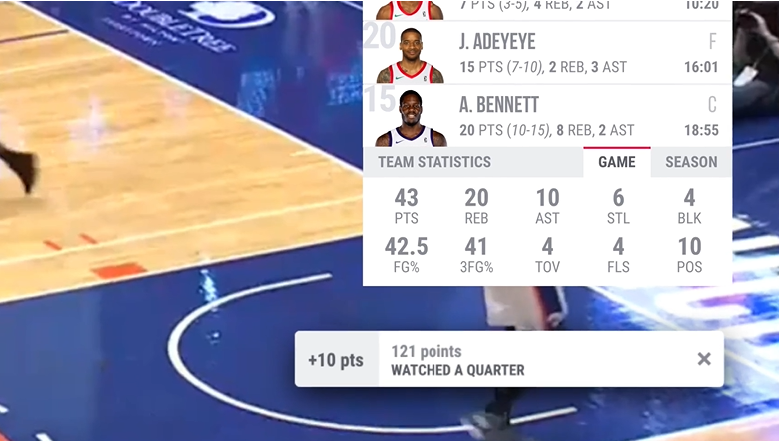
"It'll be interesting to see how other sports look at Twitch and how it inspires them," said Chase (just Chase), Twitch's PR director.
As Twitch evolves, video games are evolving with them. Games like Darwin Project would likely look a whole lot different (or not exist at all) in a pre-streaming world, and Shevat expects that developers will build more and more titles with broadcasting in mind.
"Every game [developer] should think about: I build for Windows; I build for Xbox; I build for Twitch," said Shevat. "That's the model we really want to work with."
It's a model that's been fully embraced by folks like Darveau, who noted that he expects viewer interactivity to become an essential part of modern games.
"There is — and this is a very conservative approximation — 20 times more people watching people play, than people playing any game," said Darveau. "Playing without viewers involved will eventually feel like nowadays when you go on a computer, and there's no internet."
"Playing without viewers involved will eventually feel like nowadays when you go on a computer, and there's no internet." – Simon Darveau, creative director, Darwin Project
You can already see Twitch's footprint in a variety of big and small titles. Overwatch awards special in-game tokens to folks who watch the Overwatch League on Twitch. Digital card game Superfight allows Twitch audiences to vote on silly arguments over fictional character battles. Survival title S.O.S. is essentially an online reality show that's built from the ground up to be consumed by a live audience. The list goes on, and by the looks of things, it's only going to grow.
"[These are] the games that we see in the future: a world where the viewers are actually active participants," said Shevat. "I think we're reinventing the way streaming will happen."
Mike Andronico is Senior Writer at CNNUnderscored. He was formerly Managing Editor at Tom's Guide, where he wrote extensively on gaming, as well as running the show on the news front. When not at work, you can usually catch him playing Street Fighter, devouring Twitch streams and trying to convince people that Hawkeye is the best Avenger.
 Club Benefits
Club Benefits






